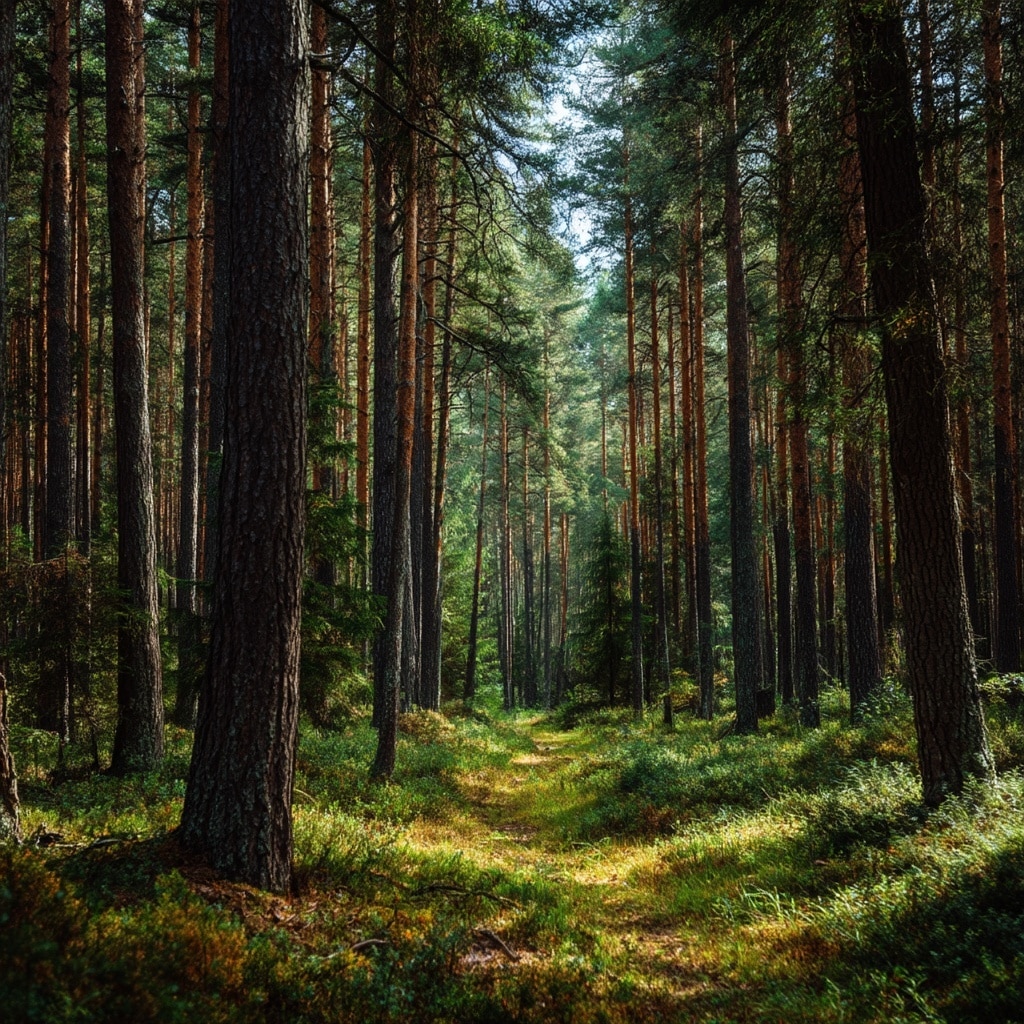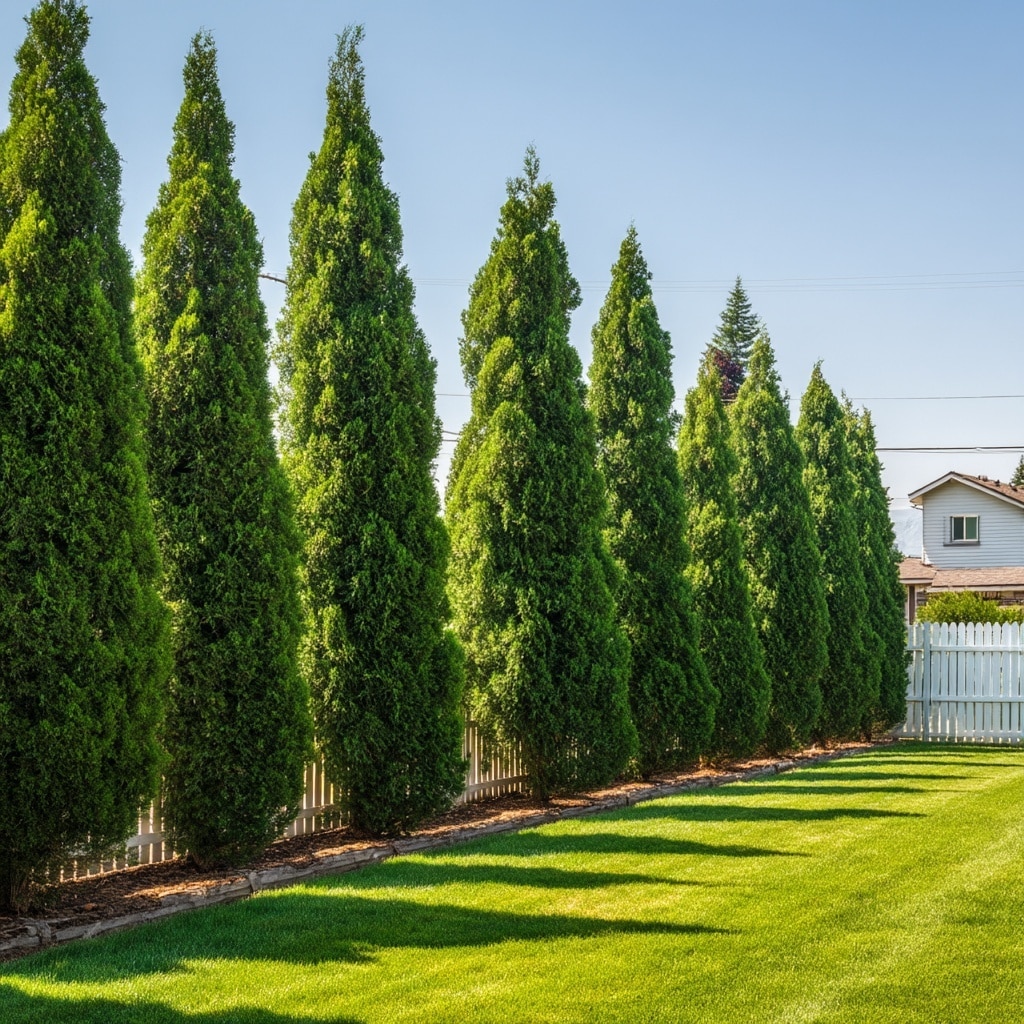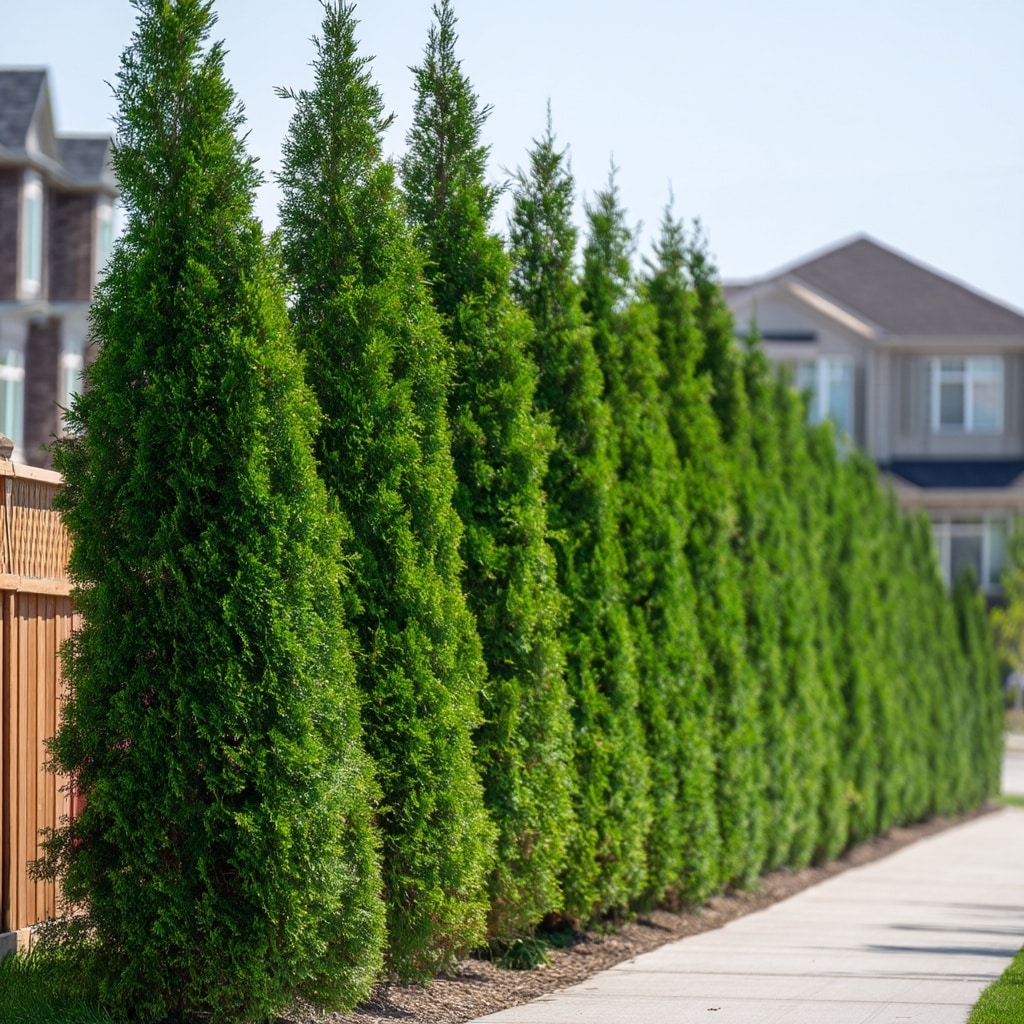Pine trees are more than just iconic evergreens — they’re resilient, multi-functional, and surprisingly beneficial to the health of your garden and the environment around it. From offering shelter to wildlife to acting as natural air purifiers, these towering beauties have long been valued across cultures and generations. While they’re admired for their classic appearance and calming fragrance, pine trees offer many practical advantages as well. Whether you’re planting them for their fast growth, erosion control, or year-round greenery, pine trees are a smart and sustainable addition to almost any landscape. Let’s look at five compelling reasons to make them part of your planting plan.
Table of Contents
A Brief History of Pine Trees
The relationship between humans and pine trees dates back thousands of years. In the Paleolithic Era, early humans used pine resin from cones to fuel fires that burned longer through the night — a critical tool for warmth and survival. Fast forward to Indigenous cultures, pine trees held deep spiritual meaning. Many Native American tribes saw the trees as symbols of peace and protection, often burning pine bark to ward off negative energy.
Medicinally, pine trees were treasured for their healing properties. Pine needle tea was used to ease chest congestion and colds, while sap helped treat wounds. Even today, their needles are known to contain vitamin C and natural antibacterial agents, and their bark plays a role in construction and papermaking industries.
1. Pine Trees Support Local Ecosystems

One of the most valuable reasons to plant pine trees is their ability to strengthen local ecosystems. These evergreens provide essential shelter and nourishment to a variety of wildlife, including birds, squirrels, and insects. Their dense, year-round foliage offers a safe refuge from harsh weather and predators, helping maintain ecological balance in both rural and suburban landscapes.
Pine seeds are nutrient-rich and serve as a consistent food source for many species. Even better, the needles of pine trees act as natural air filters, trapping airborne pollutants and leaving surrounding air noticeably fresher. For gardeners hoping to promote biodiversity and create a more balanced environment, planting pine trees is a meaningful step in the right direction.
2. Pine Trees Help Prevent Soil Erosion

If your property faces erosion issues, pine trees can be a natural and effective solution. Thanks to their extensive root systems, pine trees anchor soil in place and reduce the risk of runoff during rain or wind events. Their roots act like a living net beneath the ground, holding the earth steady even in sloped or loose terrain.
This erosion control plays a vital role in preserving topsoil, preventing sediment build-up in waterways, and protecting the health of nearby plants. Pine trees are especially valuable in areas where other trees may struggle to thrive, as they can tolerate a wide range of soil conditions. Their resilience and functionality make them a smart choice for safeguarding your landscape long term.
3. Pine Trees Offer Physical Landscape Benefits

Pine trees aren’t just visually appealing — they also bring structure and practicality to outdoor spaces. With fast growth rates and average heights reaching between 50 to 80 feet, these evergreens are ideal for homeowners seeking natural solutions for privacy, wind protection, and shade.
A row of pine trees can act as a living fence, blocking noise from nearby roads and shielding your yard from strong winds or unwanted views. Their tall, dense canopy also creates cool, shaded areas in the summer, making your garden more comfortable during hot months. Whether you’re designing a peaceful retreat or just want to add functionality to your landscape, pine trees offer beauty and purpose in one.
4. Pine Trees Are Incredibly Hardy

One of the biggest advantages of pine trees is their ability to thrive in tough conditions. Hardy in USDA zones 3a through 9b, they can tolerate extreme cold, heat, and a wide range of soil types — from sandy to clay-heavy. This resilience makes them perfect for areas where other trees might struggle or require extra care.
Pine trees are also surprisingly easy to transplant, adjusting quickly with minimal stress. Their low-maintenance nature means fewer worries about pests, diseases, or deer damage — a rare bonus for evergreen species. Whether you’re a seasoned gardener or just starting out, pine trees provide reliable growth and long-term success without constant upkeep.
5. Pine Trees Enhance Aesthetics and Atmosphere

Few plants create the tranquil, forest-like ambiance of pine trees. Their tall, graceful trunks and soft, feathery needles form a peaceful green canopy that adds elegance and calm to any landscape. Whether standing alone or planted in rows, pine trees bring a timeless beauty that feels both majestic and natural.
Beyond their appearance, pine trees are beloved for their scent. The clean, refreshing fragrance of pine needles acts like a built-in air freshener, filling your yard with a crisp, woodsy aroma year-round. If you’re designing a relaxing retreat or simply want to add character to your garden, pine trees offer a visual and sensory experience that few other plants can match.
Final Thoughts on Planting Pine Trees
Whether you’re drawn to their beauty, strength, or ecological value, planting pine trees is an investment that benefits both your landscape and the environment. These evergreens offer so much more than good looks — they improve air quality, prevent erosion, support wildlife, and add natural privacy and comfort to your space.
Thanks to their low-maintenance nature and adaptability to various climates, pine trees are a smart choice for beginners and experienced gardeners alike. If you’re looking to add a lasting, meaningful feature to your garden, you can’t go wrong with these timeless trees.


